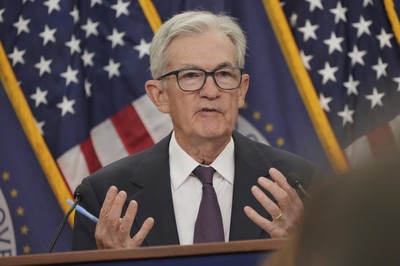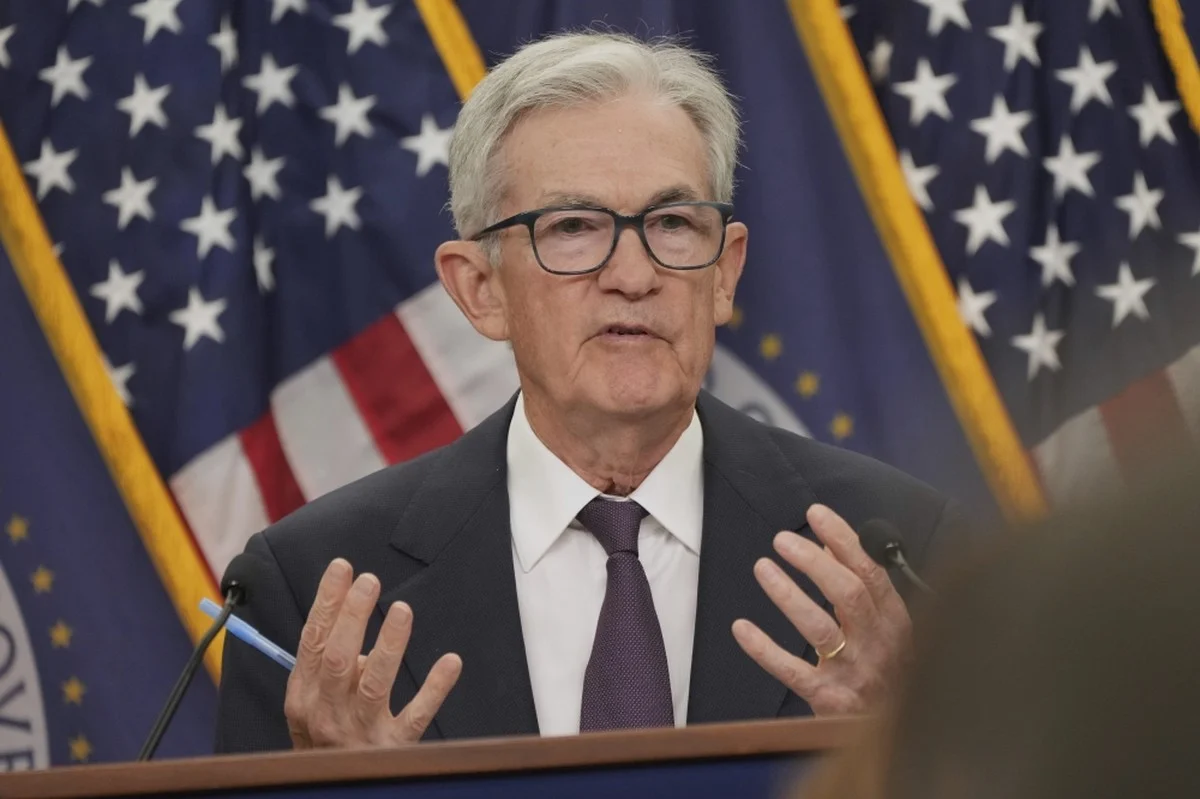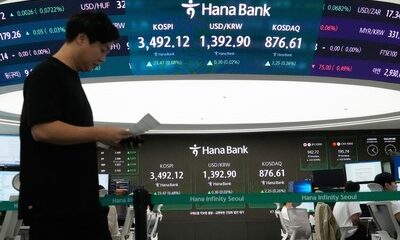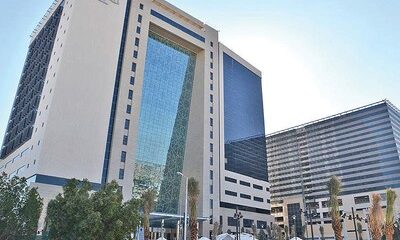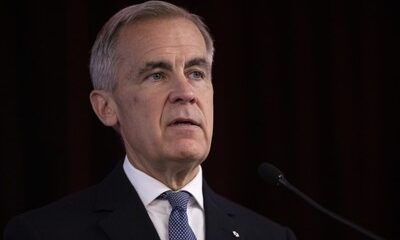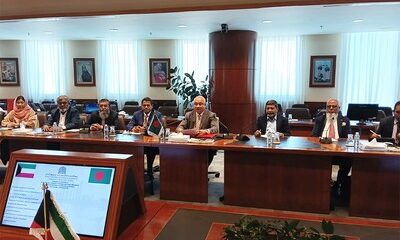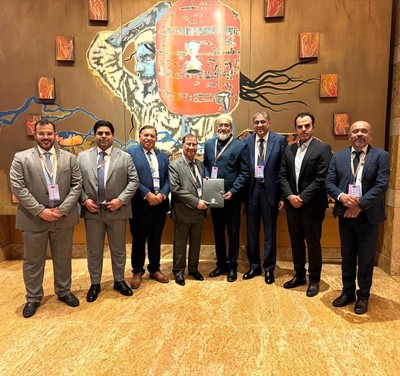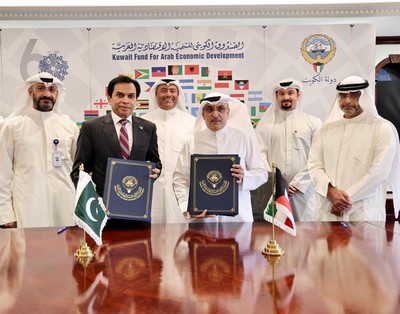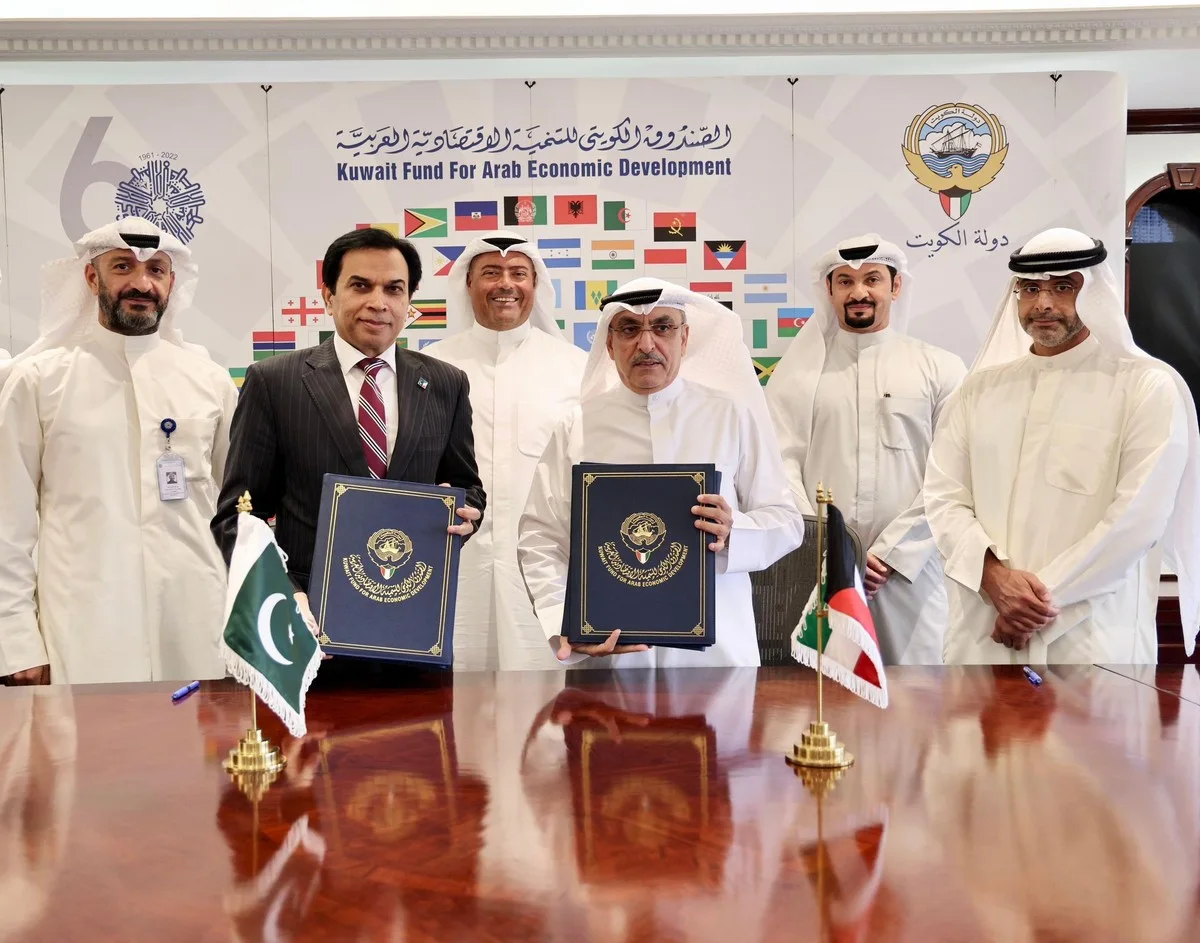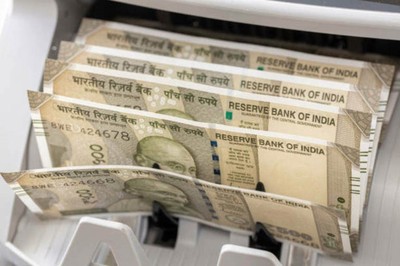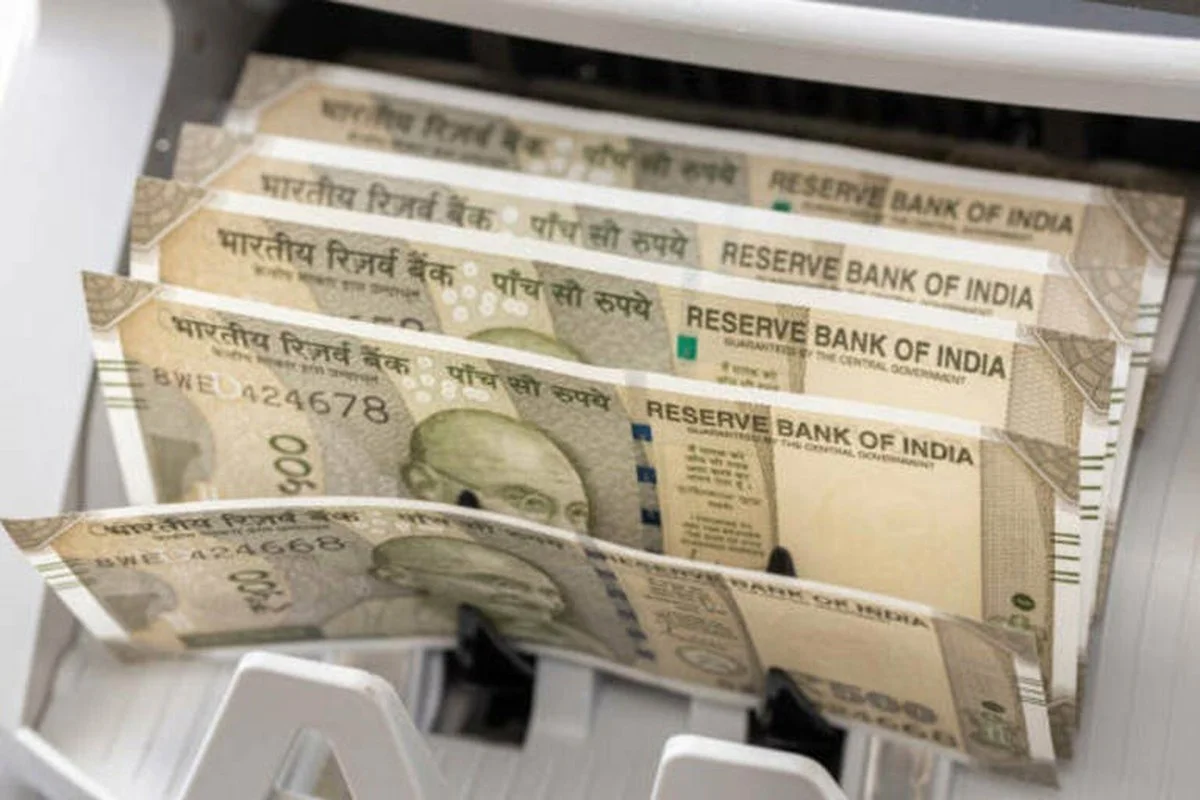TOKYO, Sept 24, (AP): Asian shares traded mixed Wednesday following a drop on Wall Street, as Federal Reserve Chair Jerome Powell said stock prices were “fairly highly valued.” Japan’s benchmark Nikkei 225 recouped morning losses and rose 0.3% in afternoon trading to 45,612.77. Australia’s S&P/ASX 200 slipped 0.9% to 8,764.50. South Korea’s Kospi dropped 0.6% to 3,466.50.
Hong Kong’s Hang Seng rose 1.1% to 26,448.64, while the Shanghai Composite gained 0.8% to 3,851.28. U.S. stocks took a pause from their relentless rally, with the S&P 500 dipping 0.6%, the Dow Jones Industrial Average falling 88 points, or 0.2%, and the Nasdaq composite sinking 0.9%. It’s the first pullback for the indexes after the trio set all-time highs in each of the last three days.
Since surging from a bottom in April, the broad U.S. stock market has been facing criticism that it’s shot too high, too fast and become too expensive. Powell said Tuesday that the Fed is stuck in an unusual position because worries about the job market are rising at the same time that inflation has stubbornly remained above its 2% target.
They were his first public remarks since the Fed cut its main interest rate last week for the first time this year. Analysts said his comments reiterated his stance that there is no risk-free path. “Essentially the Fed Chairman confirmed what we already knew, which is that the central bank remains somewhat ‘between a rock and a hard place’ when it comes to managing the risks of rising inflation and falling employment,” said Tim Waterer, chief market analyst at KCM Trade.
Fed officials have penciled in more cuts to rates through the end of this year and into next, but they are remaining wary because lower rates can also give inflation more fuel. An update Friday will show how much prices are rising for US households based on the Fed’s preferred measure of inflation, and economists expect it to show a slight acceleration for last month.
On Wall Street, Nvidia weighed on the market after giving back some of its big gain from the day before, when it announced a partnership with OpenAI to build out data centers. Wall Street’s most influential stock lost 2.8%. Other Big Tech stocks that have been some of the biggest reasons for Wall Street’s run to records gave back some of their big gains.
Amazon fell 3%, and Microsoft slipped 1%. All told, the S&P 500 fell 36.83 points to 6,656.92. The Dow Jones Industrial Average dropped 88.76 to 46,292.78, and the Nasdaq composite sank 215.50 to 22,573.47. In the bond market, Treasury yields ticked lower. The yield on the 10-year Treasury eased to 4.11% from 4.15% late Monday.

 Politics23 hours ago
Politics23 hours ago
 Politics22 hours ago
Politics22 hours ago
 Politics18 hours ago
Politics18 hours ago
 Latest News11 hours ago
Latest News11 hours ago
 Latest News8 hours ago
Latest News8 hours ago
 Latest News16 hours ago
Latest News16 hours ago
 Latest News18 hours ago
Latest News18 hours ago
 Politics16 hours ago
Politics16 hours ago
